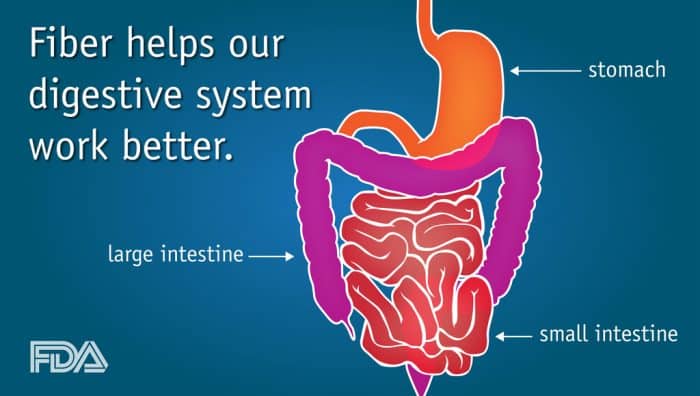5 steps to decrease Your Healthcare Spending
1- Drastically reduce your deductible.
Both premium, as well as the charges you pay for insurance via your co-pay, co-insurance, and deductible, are the two primary components of a health insurance plan. Your monthly payment will be lower if you agree to pay for your medical coverage. Insurance companies understand that when people are financially responsible for their own medical expenditures, they are more conservative with their use of health services.
Consenting to pay a large deductible, as well as the price of co-insurance, will lead to lower monthly premiums. These discounts can be substantial, and if preserved, will pay the majority, if not all, of the price of either the high deductible plan.
For those who need a lot of healthcare each year and keep racking up significant expenses, this technique is less effective. People who are usually healthy and don’t require a huge amount of health care, on the other hand, can save a lot of money by choosing a high deductible plan. Even if you never go to the doctor, insurance with increased premiums will take up a lot of money. Slightly elevated plans will only be costly if you necessarily require healthcare care
2- Utilize Tax Benefits
Using the instrument, there are a few options for lowering your health insurance premiums. The first, and also the most usual, method is by using a health savings account, or health savings account. A Health savings account is a type of checking account into which you can put pretax money to pay for healthcare costs. Your contributions to a health savings account are not taxed accordingly. This could be big savings on healthcare costs depending on your tax rate.
Maternity, dentistry, and eye care are not covered by many health insurance plans. Such services, on the other hand, can indeed be paid for with a Health savings account. You should have a slightly elevated health insurance design that fits the IRS rules concerning health savings accounts to be qualified for a Health savings account. In most cases, you’ll need a health savings account and a plan that limits your overall expenses. If you have a lot of medical costs, you might just be eligible to subtract these from your taxes. Individuals are allowed to withdraw other medical costs above 7.5% of one adjusted income. This price might encompass a wide range of services, including a mileage reduction for transport to and from the hospital. Whether you decide to go another way, make sure you contact a tax accountant.
3- Take advantage of your free Preventive Care.
Make sure you take advantage of the free preventative care offered by all health insurance plans. Adults are entitled to free routine checkups and perhaps some tests. Children’s well-baby visits and vaccines are both free. All of those are significant advantages, so just be sure you’re getting the most use of those.
4- Take a look approximately.
There is limited competitive pricing, which is among the factors the healthcare system has grown so unaffordable. Don’t ever be reluctant to inquire about a hospital’s fees, the company is planning or anticipating medical services. For operations such as pregnancy and childbirth, many hospitals can be reasonably inexpensive, whereas others can be highly costly. Do not really expect that healthcare expenses are the same everywhere; they are mostly not.
If you can save money on infrastructure, you should think twice about going to the emergency department. These should only ever be utilized in the event of a significant emergency. Think about going to urgent care or a neighborhood hospital for non-life-threatening medical concerns including respiratory infections or perhaps a cut that needs stitches. Services at these facilities can cost the equivalent of something they would in an emergency department.
5- Keep on going to be healthy.
Even though it may seem like old wisdom, keeping out of the doctor’s office is the most cost-effective method to save money. Consider how much your daily routines can pay you throughout the long term. A pleasant walk during the day is considerably less expensive than sitting at home with the use of a huge mug of hot chocolate. Understanding how your alternative weight may expense you a huge amount of money in healthcare plans when surviving high durability wouldn’t be enough reason about being good still.

















